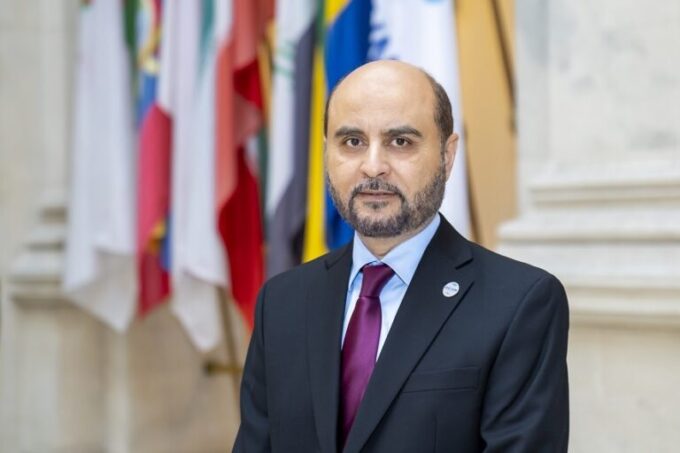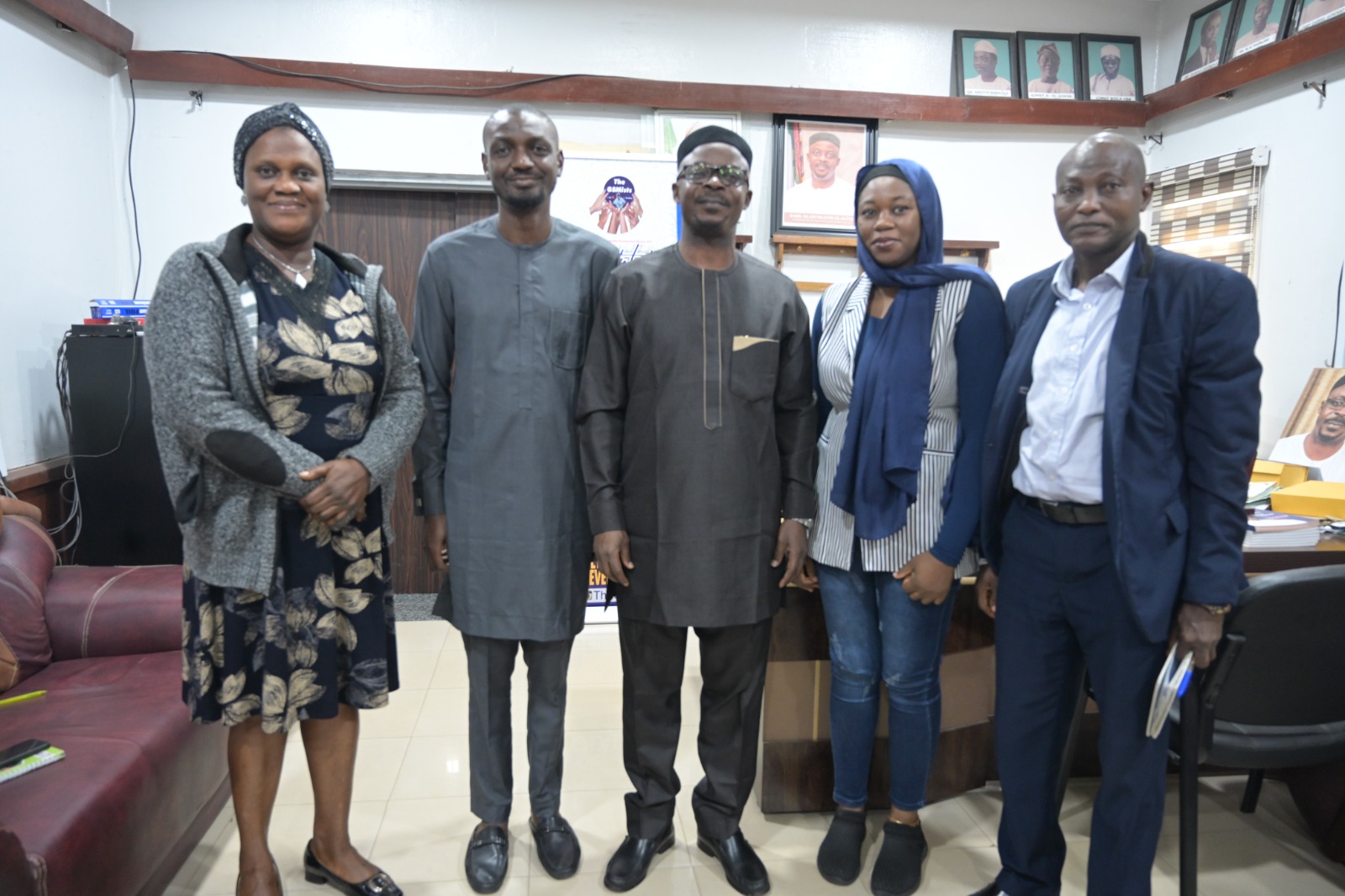BY NKECHI NAECHE-ESEZOBOR-/President Buhari has directed the Central Bank of Nigeria (CBN) to henceforth stop providing forex for the importation of “food items and fertilizers” into the country.
The President made this remark via his twitter handle on Thursday, September 10th as he presides over the National Food Security Council meeting yesterday at the State House, Abuja.
According to a series of tweets from the president’s Twitter handle, “I am restating it that nobody importing food or fertilizer should be given foreign exchange from the Central Bank. We will not pay a kobo of our foreign reserves to import food or fertilizer. We will instead empower local farmers and producers.”
On the need to boost local agriculture, the President said: “From only three operating in the country, we have 33 fertilizer blending plants now working. We will not pay a kobo of our foreign reserves to import fertilizer. We will empower local producers.”
Furthermore, President Buhari also directed that blenders of fertilizer should convey products directly to State governments so as to skip the cartel of transporters undermining the efforts to successfully deliver the products to users at reasonable costs.
The President advised private businesses bent on food importation to source their foreign exchange independently, saying ”use your money to compete with our farmers”, instead of using foreign reserves to bring in compromised food items to divest the efforts of our farmers.
“We have a lot of able-bodied young people willing to work and agriculture is the answer. We have a lot to do to support our farmers,” President Buhari said.
The meeting, chaired by the President with other key members of the Council in attendance, was briefed on the food security situation prevailing in the country.
Notably, the Vice Chairman of the council and Governor of Kebbi State, Atiku Bagudu, the Chief of Staff to the President, Prof. Ibrahim Gambari and a Governor from each of the six geo-political zones – Jigawa, Plateau, Taraba, Ebonyi, Lagos and Kebbi, made presentations.
The Minister of Finance, Budget and National Planning, Zainab Ahmed, outlined measures introduced by the administration to tackle the unprecedented challenges from the COVID-19 pandemic on the nation as contained in the Nigerian Economic Sustainability Plan (NESP).
Among others, the Minister highlighted that the government will facilitate the cultivation of 20,000 to 100,000 hectares of new farmland in every State and support off-take of agro-processing to create millions of direct and indirect job opportunities.
She also listed the creation of 774,000 direct jobs for a minimum of 1,000 young Nigerians in each local government, the construction of 300,000 homes every year to give a boost to jobs through the construction industry, as well as the connection of 25 million new users of electricity with the installation of Solar Home System (SHS) targeting 5 million households.














